Time is finite, but the demands on individuals’ time have accelerated to the point where people are experiencing burnout in their 20s. Journalist Oliver Burkeman offers relief in the form of acceptance: If you recognize your limits and scale back, you might just find you have more energy and focus. In conversation with Rob Leworthy, a strategy and operations manager at Google, Burkeman discusses the power of limits and offers advice on how to build meaning into your life. Anyone who finds that there aren’t enough hours in the day will benefit from Burkeman’s thesis.
Time is finite. Resisting that fact leads to stress, exhaustion and burnout; instead, embrace it.
The average human life span is about 4,000 weeks long. This observation offers a startling reminder of life’s brevity. By acknowledging just how fleeting life is, you may be tempted to pack your time with activities and accomplish as much as you can squeeze in, but such action can result in stress and burnout. A healthier approach is to concede to the finitude of time, make time for the things that matter most to you, and relinquish the impossible quest to seize the day each and every day.
In preindustrial times, laborers were “task oriented.” Milking the cows, for example, didn’t fit a timetable but took as long as the errand required. People didn’t perceive time as a resource to accumulate or squander. The modern world’s objectified, instrumental concept of time contributes to stress and incites feelings of inanity. Objectification of time means people see time as separate from themselves...
Journalist Oliver Burkeman writes on productivity, mortality, the power of limits and building a meaningful life in an age of bewilderment. Rob Leworthy is a strategy and operations manager at Google.










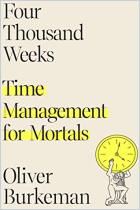
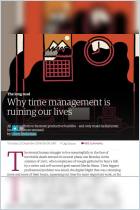

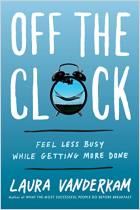

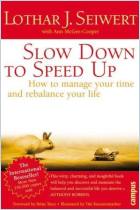
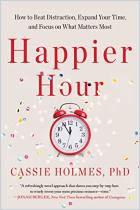






Comment on this summary or 开始讨论